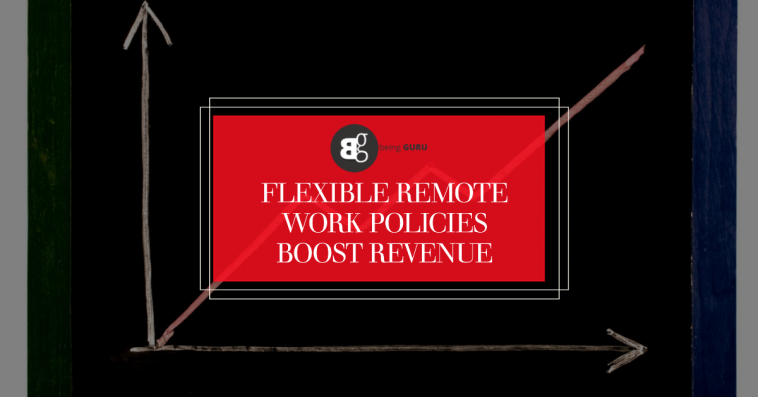In a world grappling with the ongoing debate over the effectiveness of remote work, a groundbreaking report by Scoop, in collaboration with the Boston Consulting Group, sheds light on a crucial aspect: revenue growth. The study, based on data from 554 public companies, challenges conventional beliefs about the relationship between remote work policies and business success.
Remote Work and Revenue Growth
The Surprising Gap
The main finding of the report shows that companies with flexible remote work policies outperformed those with more restrictive ones in terms of revenue growth over the previous three years by an unexpected 16 percentage points. The business community has been talking about this surprising disparity.
Scoop’s Flex Index
Scoop’s Flex Index, a comprehensive dataset of remote work policies for over 7,500 companies, serves as the foundation for this analysis. The Flex Index categorizes companies based on the degree of flexibility in their policies, providing valuable insights into the correlation between work practices and financial performance.
Read More: Remote work success: 10 essential skills for thriving in the digital workspace
Industry-Adjusted Revenue Growth
Fully Flexible Policies
Companies with fully flexible policies, allowing employees to choose their work environment, demonstrated an impressive 21% industry-adjusted revenue growth rate. This challenges the common misconception that a lack of physical presence leads to underperformance.
Restrictive Policies
Conversely, companies with more restrictive policies, including mandatory office days or full-time in-office requirements, exhibited a mere 5% industry-adjusted revenue growth rate. The data suggests that rigid policies might hinder innovation and employee engagement.
Read More: How to Create a Growth Plan for a Business in 6 Simple Steps
Debunking Misconceptions
Causal Relationship or Symptom?
While the report stops short of asserting a causal relationship between flexible policies and revenue growth, it emphasizes that these policies may be symptomatic of a company culture that fosters innovation, trust, and employee satisfaction.
Trusting the Workforce
Debbie Lovich, a senior partner at Boston Consulting Group, notes that companies with flexible policies likely embrace a culture of trust, valuing innovation and purpose over stringent attendance policies. This trust, she argues, contributes to higher revenues by fostering a more engaged and pro-innovation workforce.
Empowering the Workforce
Tailored Office Time
The report advocates for empowering employees by allowing more flexibility in their work schedules. This approach, it suggests, tailors office time to individual needs, enhancing overall productivity and job satisfaction.
Trusting Employees’ Judgment
Scoop’s CEO, Rob Sadow, believes that even without proving a direct causal link, the results challenge the assumption that physical proximity is a prerequisite for success. The data suggests that companies embracing flexibility not only avoid underperformance but may, in fact, outperform their counterparts.
Conclusion
As the business world grapples with the remote work dilemma, the Scoop report injects valuable data into the conversation. It draws attention to the possible advantages of flexible policies, encouraging a culture of trust, creativity, and engagement that can spur revenue growth, without asserting a direct cause-and-effect relationship.





